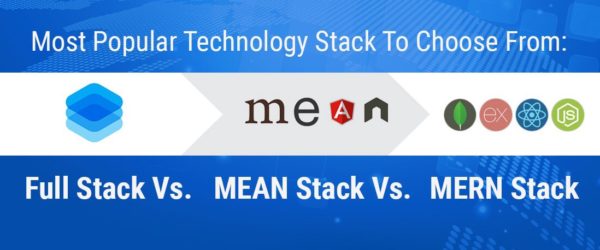If you are dealing with Big Data, you may not think that DevOps has a lot to do with you – and vice versa. But you might have been mistaken. Here’s why Big Data and DevOps play together to make sense.
What is DevOps?
You probably learned about Big Data and data analytics – especially when you read this blog. But if you work in the data field, you do not know DevOps loosely or at all.
Here is a brief definition: DevOps is a product creation and distribution theory that underlines continuous collaboration around the enterprise. It represents an attempt to increase the development of apps by eliminating the hurdles which have historically isolated developers from and all the IT Ops teams within them.
The idea of the “continuous distribution” of applications is an important principle closely linked to DevOps. The code is planned, written, checked, and forced into production environments continuously under the continuous delivery model.
DevOps allows seamless development as DevOps makes it easier to continuously communicate through all of the teams that are responsible for moving down the supply chain applications – in contrast to conventional output modes where there have been several gaps where technology has been moved by one team (such as the engineers, etc.) and none will operate on the other.
DevOps and Big data
You may note that Data was not stated in the DevOps overview and continuous delivery. And it’s accurate that DevOps isn’t directly connected to the world of data analytics by most traditional concepts.
As it should be. If DevOps aims to render software development and distribution more effective, then it can be a major blessing for companies seeking to adopt DevOps to incorporate data specialists within the continuous delivery phase – which, according to recent research, is already a common activity among even the largest businesses.
After all, they have important inputs to make at all levels of the product development process, considering the absence of data analysts from conventional forms of thinking regarding DevOps. The enterprises will do the following by combining big data and DevOps:
More efficient Software Upgrade Preparation
The majority of software communicates in some way with results. When you upgrade or redesign an app, you want to have as clear an understanding as possible of the types of data sources for which your software can function. And the faster the developers realize that, the better.
It is for this purpose that can communicate with your data experts before programmers even start writing new code will help them schedule changes from a data perspective in the most successful way.
Reduced risk of error
Problems with the processing of data can be a significant cause of an error when writing and developing applications. The more complicated the program and the knowledge it stores, the greater the probability of errors. The discovery of such mistakes in the early release of apps or, better yet, first of all, preventing them saves time and effort. (This is the concept of the DevOps “shift-left” test, which stresses code changes early on, in the left part of the development cycle.) In order to identify and correct data-related errors in an application, it is important that data experts and the rest of the DevOps team collaborate closely.
Strong continuity between production and development environments
The DevOps movement stresses the importance of making development environments as much as possible resemble real-world production environments. If you’re writing software that deals with big data; nevertheless, it may be difficult to do for non-data experts. In the real world, the types and complexity of data will vary greatly. Therefore the accuracy of the data for which the program has to function.
Data experts will help the rest of the team understand the types of data problems their software will face in its development by being active in the software delivery process. The product of the Big Data teams and DevOps teams are apps that fit their actions in real-world environments as closely as possible.
More detailed input from production
The final phase of the continuous delivery process consists of gathering data from your development environment after the software has been released, and then using that data to help you understand the strengths and limitations of the software so that you can prepare for the next update. This process depends, in part, on the work of admins who help to track and manage software in development.
Yet no one is more suited to evaluate production-related data – which could include software health statistics (think Processing time, memory use, and so on), number and position of users, and much more – than data experts. Through applying their data science expertise to the DevOps feedback process, data experts will help ensure that the enterprise has the best understanding of what is working and what is not part of the DevOps continuous delivery chain.
There may be a list of ways for data experts to participate in ongoing delivery. The overarching message here is: Big Data and DevOps groups can benefit from working together. If you want to create your software delivery mechanisms as efficient as possible by adopting DevOps – and you’re probably a big business today – don’t forget to include data analysts in your DevOps workflow. Even though the DevOps activity has not traditionally had much to do with the world of big data and data analytics, it should.
It is by the way easier for data analysts and all others on the DevOps team to understand one another if you take advantage of solutions like Precisely for data integration. They simplify time-consuming data migration and translation processes and help ensure better data quality so that your IT staff can focus their energies on what matters most-such as data drawing – rather than tedious processes that drain time.





